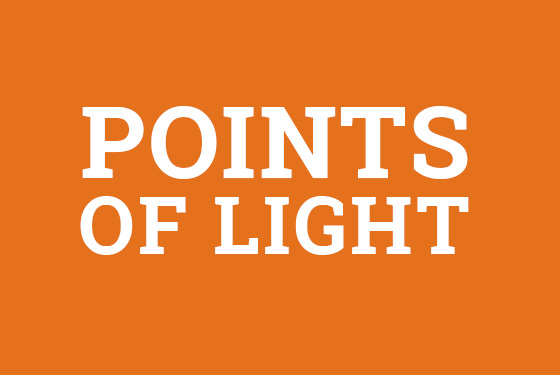Fourth Circuit Upholds West Virginia Law Regulating Deceptive Medical Legal Advertisements
On April 27th, 2022, the Fourth Circuit Court of Appeals reversed a federal court decision, ruling West Virginia’s law regulating the content of legal advertisements for medications and medical devices is constitutional. The Court noted, “The act’s prohibitions and disclosures work together… to protect the health of West Virginia citizens who may be misled into thinking that attorneys are reliable sources of medical advice.”
In 2020, the West Virginia Legislature passed the Prevention of Deceptive Lawsuit Advertising and Solicitation Practices Regarding the Use of Medications Act. The Act prohibits target attorney advertisements that give false impressions that they reflect medical or governmental advice. It also requires informational disclosures to prevent confusion and protect public health such as disclosing that the advertisements are attorney paid, identifying sponsors, and preventing mistaken impressions by patients to stop using their prescription drugs or medical devices by use of phrases such as “health alert” or “public service health announcement.” The law is one of several passed by West Virginia which has removed it from Hellhole Watch List status.
Between 2017 and 2021, trial lawyers in West Virginia spent over $31 million on more than 765,000 local legal services television advertisements.
In May of 2020, three plaintiffs (two of which are personal injury attorneys), sued West Virginia Governor Jim Justice and Attorney General Patrick Morrissey over the law, which had yet to go into effect at the time. The Plaintiffs complained the law violated the First Amendment by imposing prohibitions and requiring disclosures that are unrelated to any state interests in preventing consumer deception. The district court judge agreed and enjoined the law in May of 2021.
The Fourth Circuit disagreed and reversed the district court, upholding the law and dismissing the case. The Court found the use of strict scrutiny by the district court was improper and applied the standard of intermediate scrutiny as used by the Supreme Court since 1980 in commercial speech cases. When applying the correct standard, the Court found the statute did not violate the First Amendment.
[E]ach of the Act’s prohibitions targets speech that is either inherently or actually misleading. The dangers in this area are clear. Drug-related lawyer advertisements might give… the impression that attorneys are… dispensing medical or governmental advice instead of actively soliciting clients.” The decision goes on to call out the use of phrases such as “consumer medical alert”, “health alert”, and “recall” in legal advertisements as inherently misleading and ones which evidence shows are actually misleading and can lead to serious harm in patients.
A 2019 FDA study shows the real-life consequences of deceptive trial lawyer ads. The report found 66 incidents of adverse events following patients discontinuing the use of blood thinner medication (Pradaxa, Xarelto, Eliquis, or Savaysa) after viewing a lawyer advertisement. The median patient age was 70, and 98 percent stopped medication use without consulting their doctor. Thirty-three patients experienced a stroke, 24 experienced another severe injury, and seven died.
Dr. Shawn H. Fleming, the doctor for one of the deceased, stated before a 2017 U.S. House Judiciary Committee hearing, “It’s my opinion that the tone and content of these advertisements imply a qualitative judgment about these medications that are just not true. When you say call 1-800-BAD-DRUG, that implies it’s a bad drug, which runs counter to current medical evidence and also to the FDA’s recommendations.”
Additionally, the Court found the statute lies well within West Virginia’s police power, refuting Plaintiffs’ claim that the state had no substantial interest in the case beyond limiting speech. It stated the state’s one premier duty is to safeguard the health and safety of its citizens. “Ensuring the health and safety of West Virginia’s residents is crucial to the State’s police power, and West Virginia has broad authority to regulate in this domain.”







